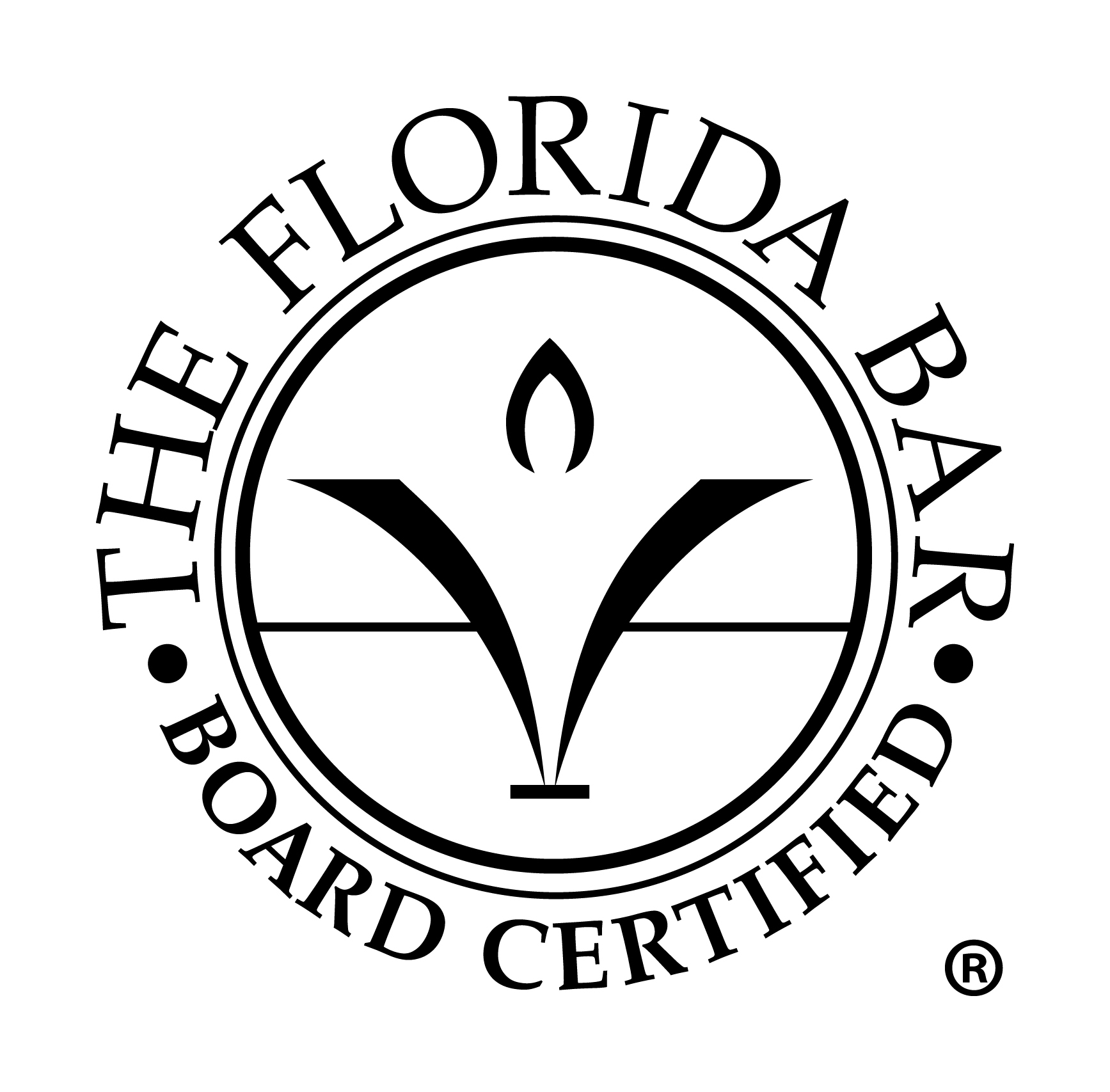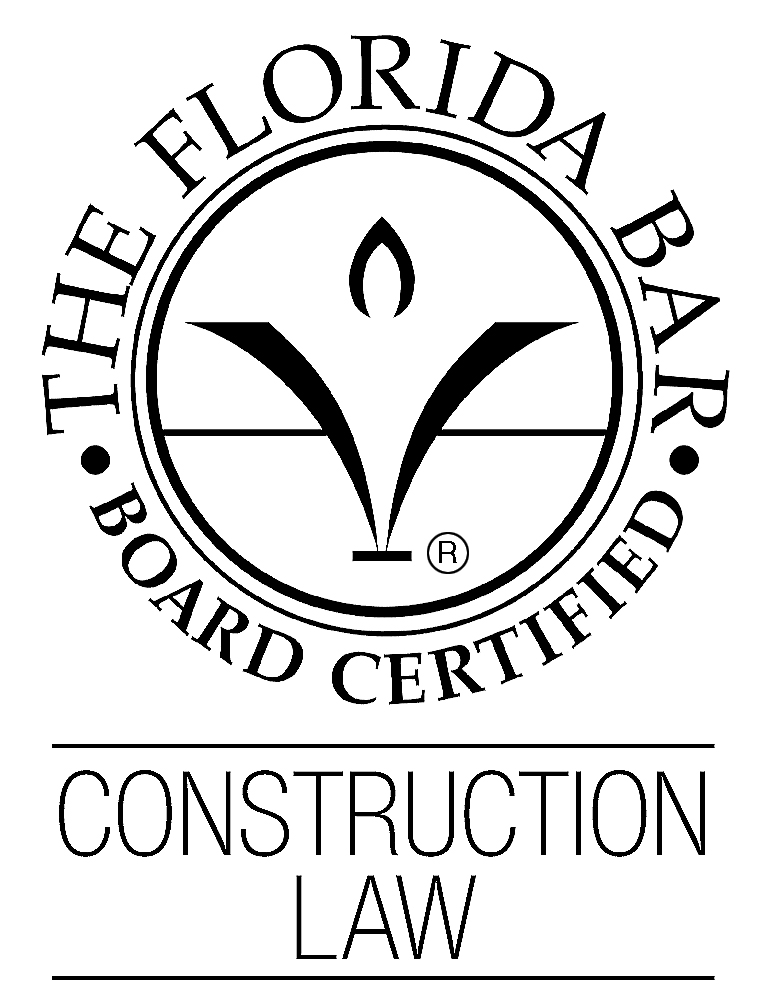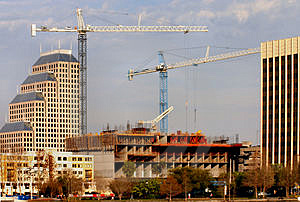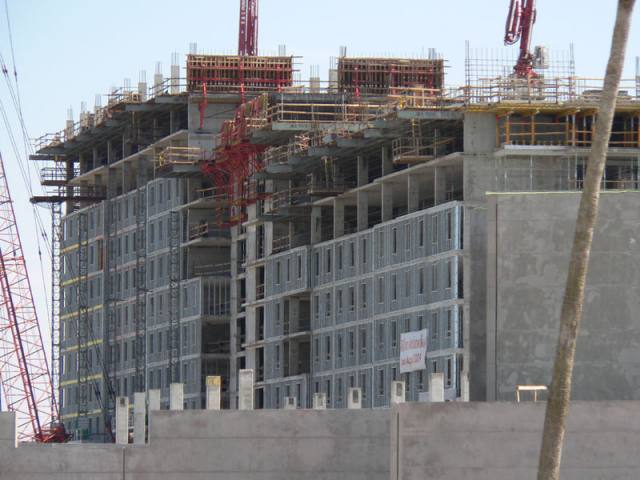|
Free Initial Consultation:
Call Glenn
(407) 926-4100

Learn More About:
Accidents - Injury
ADA
Agreements - Contracts
Building Code
Claims
Collections
Defects
Delays - Acceleration - Inefficiency
Design Errors / Omissions
Disputes
Indemnity
Insurance
Licensing
Lien Law
Litigation
Mechanics Liens
OSHA
Payment Bonds
Performance Bonds
Prompt Payment
Warranties |
|
|
|
Construction Contracts - Agreements:
Once a problem arises, the parties turn to their agreement. By that time, it is usually too late. More often than not, a poorly written construction contract will cause disputes amongst the parties ... disputes that could have been avoided. It is vital to use a solid contract or agreement for your construction project. Using a contract developed with your construction attorney is extremely important to avoid later disputes about the parties' responsibilites, obligations or rights.
The construction contract is the most critical document in a construction project, because it defines the contractor's scope of work and compensation. It also establishes the responsibilities, liabilities, and warranties of both the contractor and the owner. As such, a contractor must carefully consider the contract language when bidding a job. The construction contract establishes the rules for the entire project, but does not always predict the way the project will be managed.
Generally, the contractor's measures for preventing disputes during the bid stage include:
- Proper and timely performance of the contractor's contractual pre-bid duties, whether explicit or implied. These include site visits, material take-offs, and evaluation of key requirements for the work such as insurance and bonding.
- Careful reading of the proposed general terms and conditions of the contract and evaluation of risks imposed by these terms and conditions.
- Appropriate action to clarify, modify, or eliminate exposure to contract language that imposes intolerable risks on the contractor.
Review of the General Terms and Conditions
Contracts frequently include language that attempts to shift risks associated with a project from owner to prime contractor and from prime contractor to subcontractor. Owners generally receive better value and experience fewer problems through fair contracting. Nonetheless, contractors must be aware that unfair contracts exist and remain vigilant in preparing their bids.
Any proposed contract should be reviewed with respect to the future. The contractor should think through the project as the proposed contract is reviewed. Contracts that are fair and in common use do exist, including federal government construction contracts and some of the negotiated standard forms sponsored by trade organizations. But other contracts can be dangerous to the contractor if used as written. Ordinarily, any analysis or revision must be done before the contract is executed, or it cannot be done at all.
Exculpatory clauses come to our attention daily. Many are accepted by contractors in order to obtain the work. Contractors should review the proposed contract with these questions in mind:
- Is there a no-damages-for-delay clause? If a delay costs money, signing a contract with a no-damages-for-delay clause could be a guarantee that the contractor will lose money should a delay occur.
- Is liability for design transferred to the contractor? Does the contract require the contractor's agreement that the design is sufficient? Does the contractor know whether the design is sufficient? What are the consequences to the contractor if the design is insufficient?
- Can the contractor's schedule be changed or his work disrupted by others, without compensation? If the contractor loses control of the work, the original estimate is meaningless.
- Is the contractor asked to guarantee anything beyond its control that cannot reasonably be priced or insured against? Soil conditions? Weather? Supply of items not shown on the drawings? Cooperation of third parties? What are the potential consequences of each of these to the contractor?
- Does the contract provide a workable means of recovery for extra work and for extension of contract time? If unexpected circumstances occur, will the contractor be covered?
Beyond addressing the above issues, good advice is to read the contract word for word and carefully consider what it requires. This is not a chore reserved only for lawyers. Estimators, engineers, and managers can read and understand contracts, and they must do so if they are to properly protect their company's interests. If the contract contains requirements that are onerous, unfair, or impossible, the profitability of the project is at risk.
When intolerable language is found in a contract, the proper course of action depends upon whether the prospective bid is for public works or for private owners. Bids to government entities cannot ordinarily be qualified, whereas private sector bids can take exception to the proposed contract. Furthermore, public and private entities are driven by motivations that differ from each other. Thus, the following sections address the contractor's reactions to intolerable language in two parts, covering private bidding and public bidding.
Private Bidding
When bidding to a private owner, contract language is inherently subject to negotiation. If there are contract provisions in the request for proposal that are intolerable, a contractor's best course of action is generally to qualify the bid. This may be done in a variety of ways. If the problems are found in a small number of clauses, the contractor's offer can explicitly take exception to those clauses and propose modifications.
However, if the proposed contract is unfair throughout, correction is not productive, and alternative action is necessary. One such alternative is to take exception to the whole contract and to propose a recognized standard contract form, such as an American Institute of Architects' form.
Another approach is to indicate in the bid that portions of the owner's proposed contract language are not acceptable and to quote a price that is "subject to the execution of a mutually agreed contract." This approach is attractive to contractors who give numerous telephone quotations.
With this approach, a contractor can avoid effort spent in revising a contract until the client expresses interest in the proposal. Additionally, this form of qualification may be less likely to offend an owner.
When any form of qualification of the bid has been used, the contractor should not expect the owner to accept the qualifications without negotiation, since the negotiated terms of a contract may greatly affect profitability.
Public Bidding
While public owners may be at liberty to draft their contract language as they see fit prior to bid, the law typically prevents them from accepting bid proposals that would alter the language after the bid. When a public request for bid contains harsh terms, the contractor faces a difficult dilemma, as the options are limited. We suggest that all of the following actions be seriously considered:
- Contractors should submit pre-bid questions to seek clarification of any contract language that is confusing. "What if" questions may be very useful in this context.
- If an agency issues a request for tender with contract clauses that are unfamiliar and harsh, contractors should protest these clauses immediately.
- For any given risk imposed by contract language, contractors should consider whether the risk can reasonably be covered by a contingency or by insurance.
- If contractors cannot adequately protect themselves from liabilities imposed by a contract, they should consider not bidding.
Conclusion
There is a widespread belief, or myth, among contractors that unfair language in contracts will not be enforced, or that it cannot be applied beyond some "reasonable" point. Although an owner may be at liberty to ignore a harsh contract, there is no obligation to do so. A harsh provision might be overturned in court, but litigation is costly to both the contractor and the owner. It is delusory for a contractor to assume a favorable outcome of an unfair contract. The only safe conclusion for a contractor is that a contract will mean what it says.
Disclaimer:This article is intended to be a source of general information on a specific construction-related topic. Its content should not be considered legal advice. If you are seeking legal advice, please consult with professional legal counsel. For assistance in assessing a specific construction-related issue, please contact Glenn Williams, Esq. directly.
|
|
|
Board Certified Attorney:
Glenn Williams, Esq. is a Florida Bar Board Certified Construction Lawyer with his main office in Orlando at Kirwin Norris, P.A. Mr. Williams provides FREE intitial consultations, call (407) 926-4100 to schedule an appointment. Mr. Williams' legal practice focuses almost exclusively on Construction and Commericial Lititgation and Law, from contract through trial. Consulting immediately with the right attorney is a very important decision and experience has shown that acting immediately with counsel is in the client's best interests.
What does it mean to be Florida Bar Board Certified? - Click Here to Learn More.
|

Glenn T. Williams
407-926-4100
Email Glenn Now!

|
| |
|
|
37 N. Orange Avenue - Suite 500 - Orlando, FL 32801 - 407-926-4100 | | |




